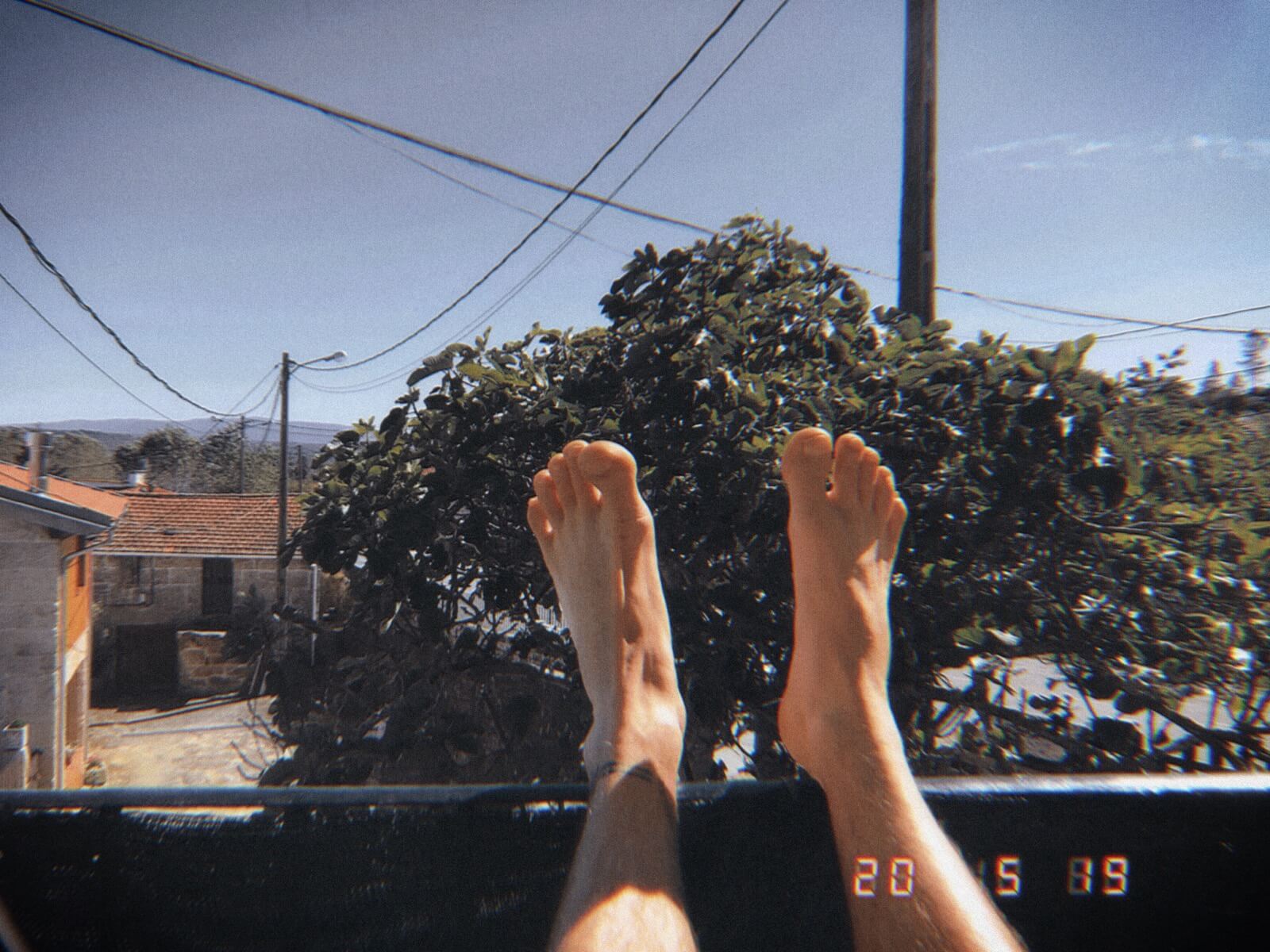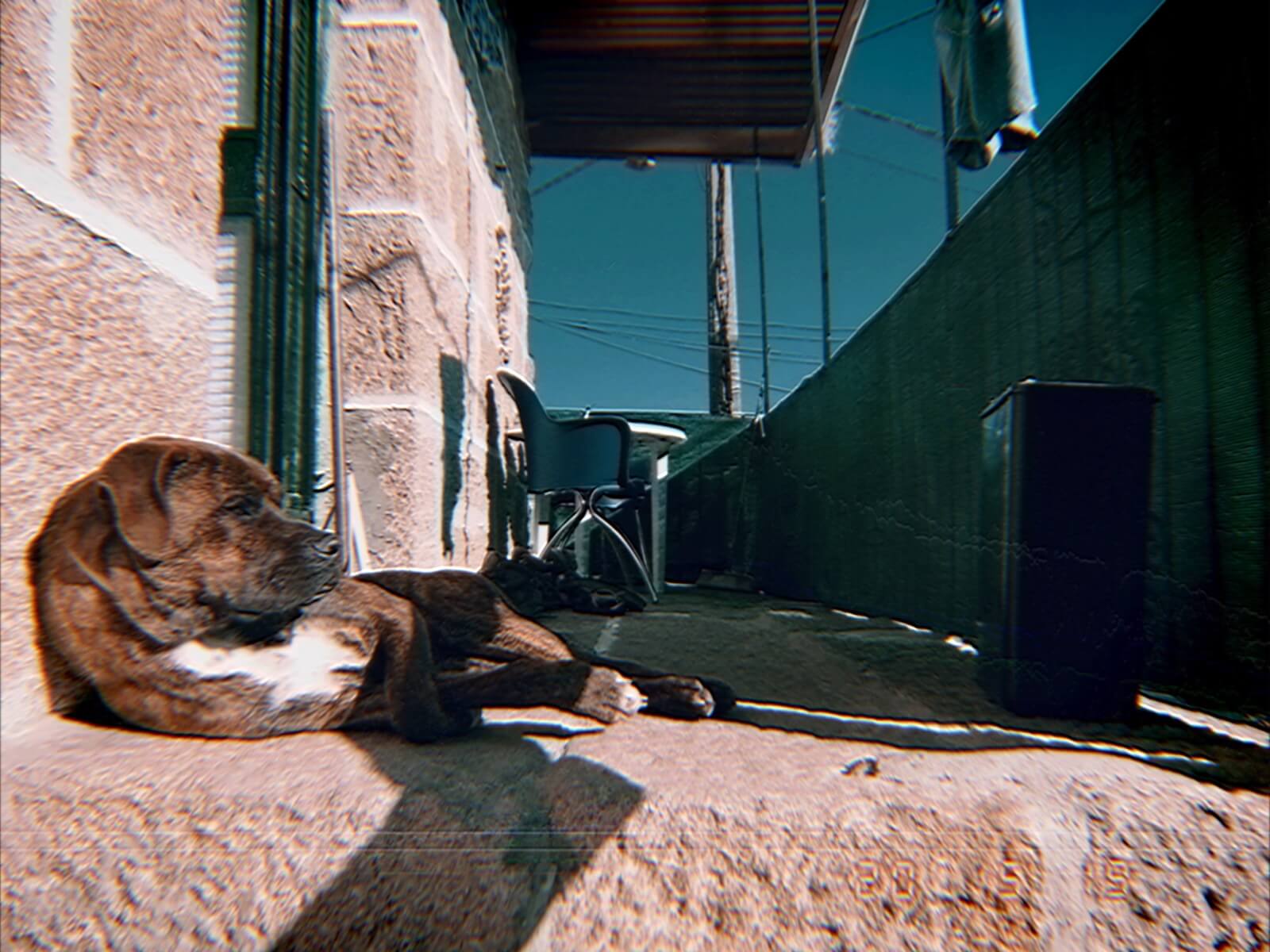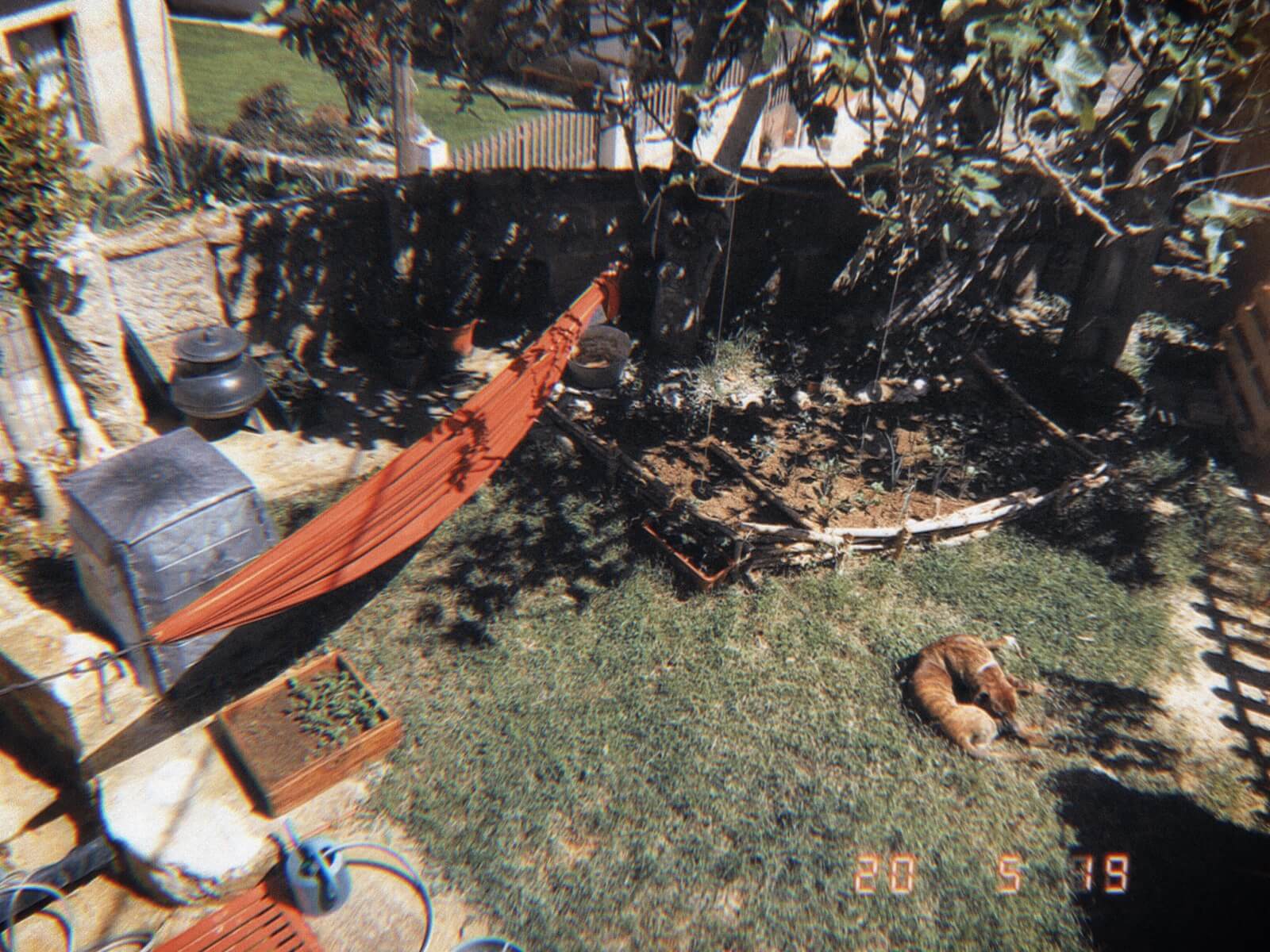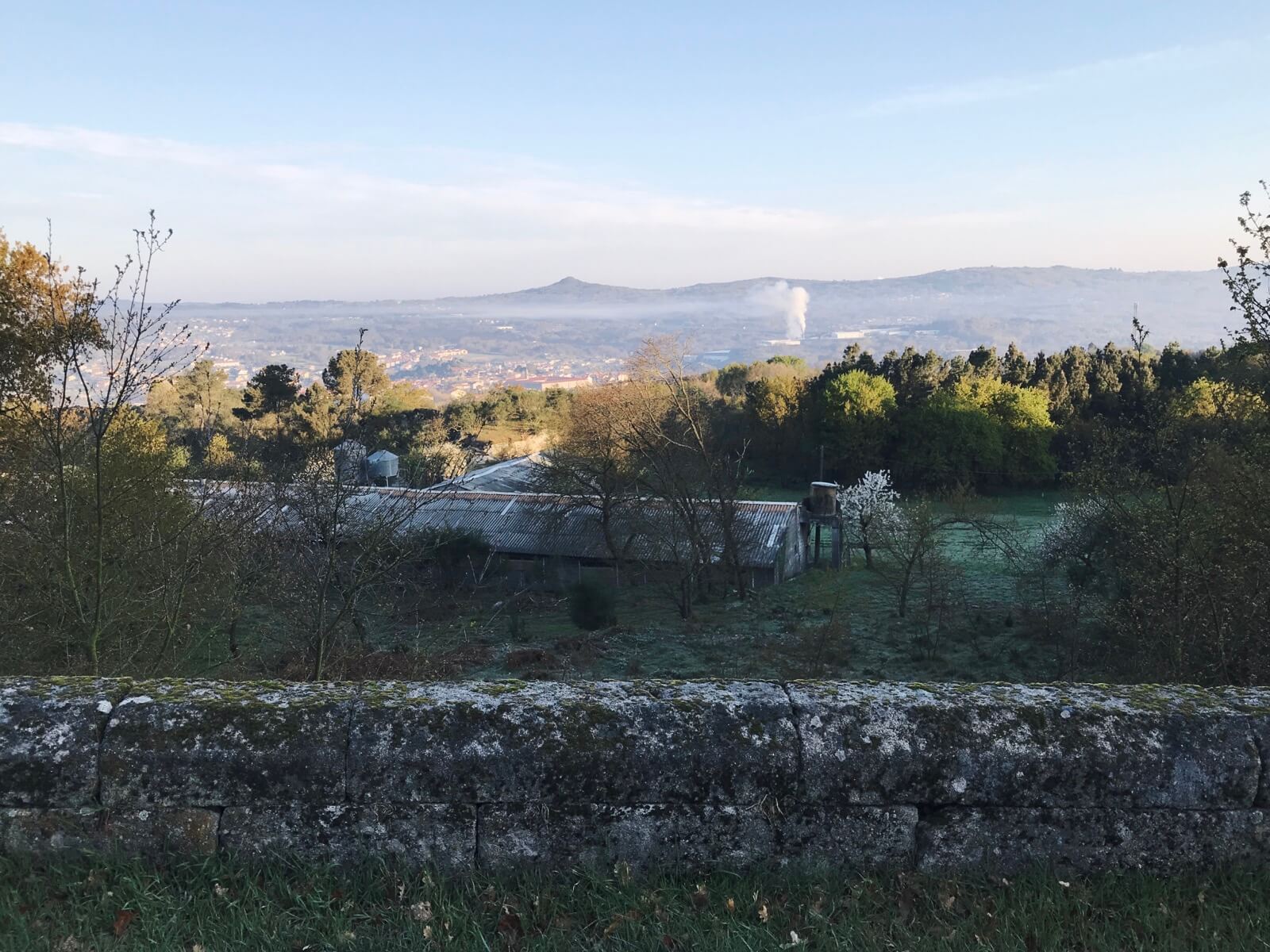
It’s my Saturday today. I’ve been out on the terrace, watching the fig tree away with the breeze. There are more insects buzzing, snails crawling up the stone walls, and birds darting between the electrical and phone lines that surround our house. I’m also playing around with the vintage camera app Vooravo for some retro-looking photos around the house. I’m bored of photographing the same trees from the well-worn paths of the monte.
This is one of those weekend mornings that reminds me of my years in Sierra Leone; the unhurried day, the privilege of watching time and life of the village pass by from a veranda, the warm sun on my body, the ability to read as much as I want to.

Grateful and guilty, which has been a recurring tension during the lockdown. Grateful to have had the privileges and opportunities to organize my life in this manner, and guilty knowing that not everyone is so lucky. But I know I’m in my head a lot, and that guilt will lead to paralysis or unnecessary suffering.
I misread a quote from some article a few weeks ago. In my head in went something like;
The best safeguard to life under late capitalism is withdrawing from it.
But it actually wasn’t that, at all. It was a critique, that the privileged ones, the ones with an inessential, work-from-home job are the ones who can safeguard themselves from coronavirus.
I recently talked to a friend, a madrileño musician from West Africa with a similar practical philosophy. He mentioned the protests in barrio de Salamanca and the incessant material desires that nag certain classes of people in the capital. It feels foreign, otherworldly. That wasn’t always the case, but a product of half of my life, maybe started after they extubated me. Who’s to say. But I think it’s possible that most can come to the conclusion that infinite growth on a finite planet is illogical.
We can thread the needle, withdraw from the capitalist mentality without completely withdrawing from society like Christopher McCandless; plant a garden, reduce costs and discourage consumption habits, prioritize immaterial experiences, read books, go for walks, re-valorize the countryside, or enjoy voluntary frugality in the city. Flatten the curve of coronavirus and of climate change by socially distancing and driving less, flying less, removing animal products from my diet, eating seasonally and locally. Prefigure a better world by thinking, talking, and planning other ways of organizing life and social relations. Want less, need less, and perhaps work less because of those priorities and that organized withdrawal.

For now, I’ll “do praxis” by non-participation, as much as I can, and theorize by writing into the void, ruining conversations with family and friends by talking climate, and reading Bookchin in my hammock. And I’ll never forget to enjoy the conference of the birds on the phone lines.
